The Sporting Taboo - Is Using Performance Enhancing Drugs Really Cheating?
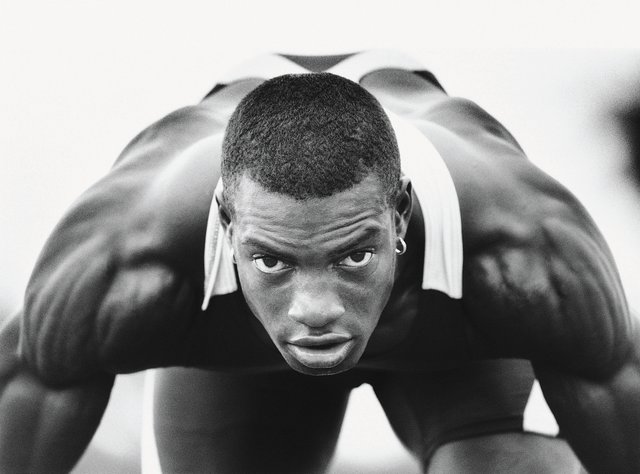
Introduction
This is going to be a controversial post but I think it is nice to sometimes turn things around and consider more unconventional points of view.
The issue I would like to consider is:
Do performance enhancing drugs (or other assistive technologies) really constitute cheating?
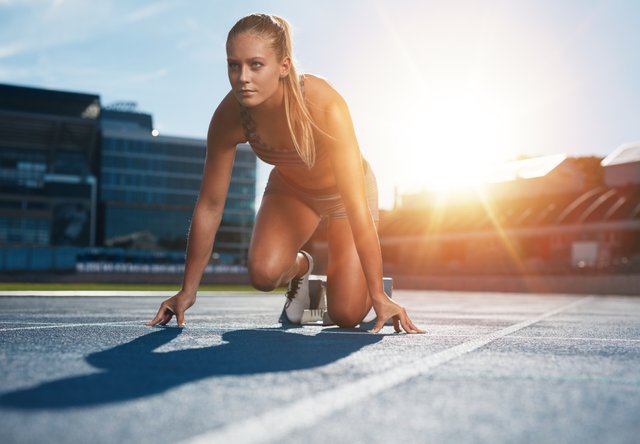
The conventional narrative would certainly suggest that. Indeed to even suggest otherwise would lead to extreme anger from most of those involved in sporting endeavours.
It is a sporting taboo but I think in a rational, free society we should be able to discuss any subject in a reasonable, adult and non-hysterical manner.
Just before we go on I want to make it clear that I am not endorsing taking performance enhancing drugs (PEDs) - they are in many cases illegal and have serious health risks.
My aim is more to have an interesting philosophical and moral discussion.
The Conventional Sporting View
Most athletic and sporting organisations put forth the view that keeping PED out of sports helps to maintain a level playing field.
"It makes things fair because nobody has an unfair advantage."
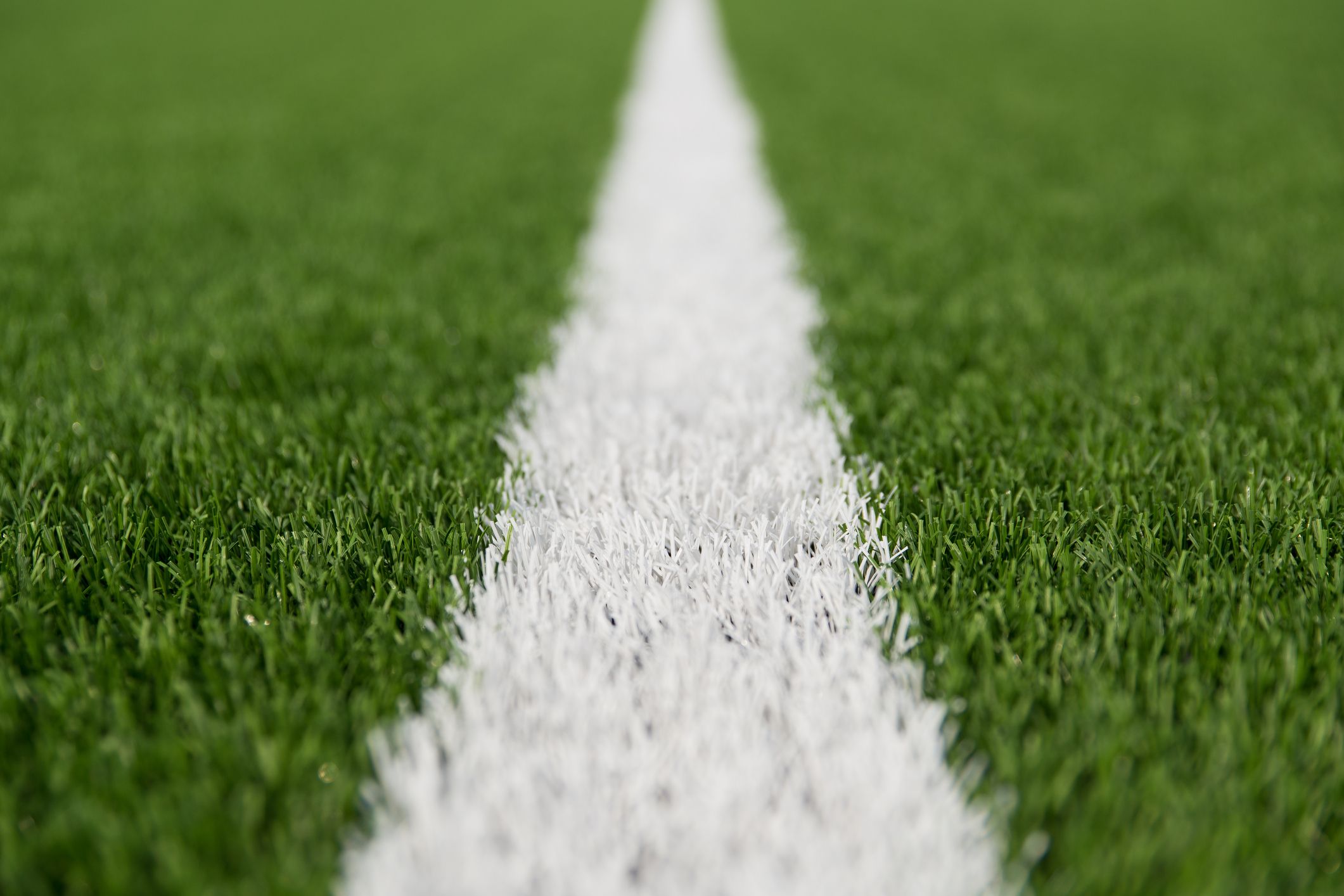
I would like to assert that this is complete nonsense.
There is no level playing field, because a level playing field assumes that everyone starts off at the same baseline level of ability and chances.
There are multiple factors that create differences between people but we can divide them into two main categories :
Genetics.
Environment (including economic advantages, phenotype etc).
Genetics
Genetics are a fairly obvious point. It doesn't matter how much training the average person has, they are unlikely to be able run the 100m as fast Usain Bolt.
They just don't have the physical makeup to make it possible and nothing (not even drugs) will change that. Not all cases are so extreme though.
Sometimes you may have two or more people who are roughly physically equivalent, in terms of height, weight etc but they have differing levels of certain hormones that have a direct bearing on their area of competition.
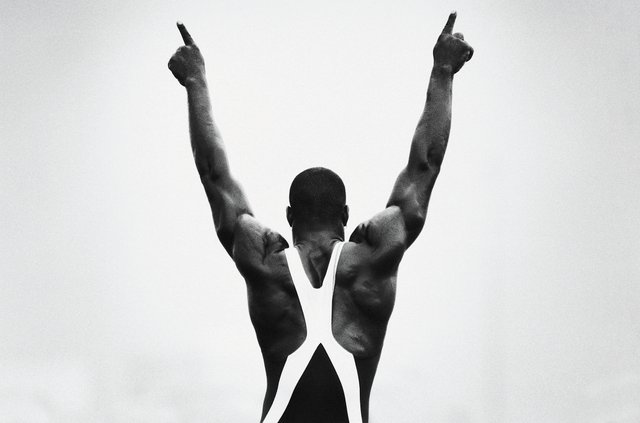
They may look very similar but this small difference may mean that one person has a shot at being a champion and the other will never make it.
For example some endurance athletes naturally produce higher levels of Erythropoietin (the hormone that stimulates red blood cell production).
This small difference can give them a huge boost and thus advantage when it comes to competing.
Many athletes already simulate this condition by training at high altitudes before an event (this boosts EPO levels) but someone who already has high levels can capitalise on this even more.
Strangely this is considered acceptable yet taking EPO is not - even though taking EPO artificially might actually make these hypothetical competitors level (physiologically speaking) - hence making it more fair.
In a similar vein, some champion bodybuilders have abnormally high "natural" levels of testosterone which enable them to build more muscle than the average person and to maintain it.
Yet if someone artificially boosted their testosterone to the same levels it would be considered cheating.
Testosterone related inequalities are even greater in female sports where some athletes have near male levels of testosterone giving them a massive physiological advantage.

If we segregate male and female athletes on the basis of fairness due to the natural physiological differences, how is it fair to let women who have freakishly high testosterone levels (akin to men) compete with other women?
It makes no sense.
Further there is the ethical issue that such women may be considered to be suffering from a medical disorder and celebrating them as athletes may create a disincentive to receiving treatment which may actually be beneficial to their long term health (e.g. cardiovascular risks, fertility etc).
I find the hypocrisies and inconsistencies in these issues quite striking.
There are many such cases which could be cited. The point is that genetics mean that there is no equality in sport and there never was.
Professional sport perpetuates the idea that it is all about effort and hard work. That anyone can make great achievements if they try hard enough.
Genetics alone makes a nonsense of that assertion.
Environment
Environment plays a huge part in what you can actually do with your genetic potential.
For example let's say you have the genetic potential to be a great basketball player. Well if you grow up in the wrong place - say a developing country where there are a lot of childhood diseases you may end up never achieving your full potential height.
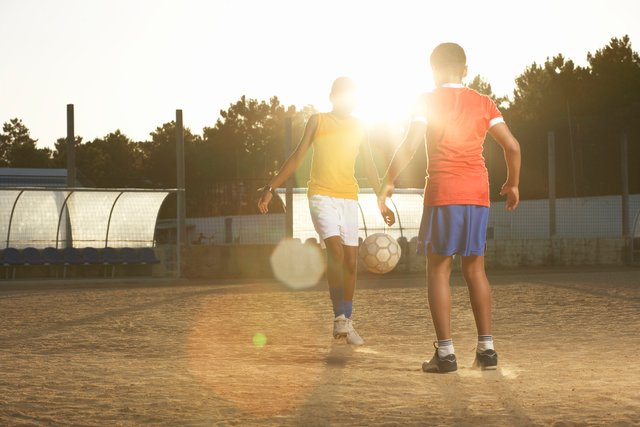
Further there may not be the training facilities for you to practice early on in life to set you on the right path. You may not be able to afford the right kind of food, or enough food at all.
You may never even have the option to learn about a particular sport. You may not even live long enough to have the option.
Honestly there are so many ways in which your environment can hold you back, whether in terms of health, economic opportunities or otherwise that I can't list them here.
My point is that this is another source of inequality which squashes the myth of a "level playing field" in sport.
But Drugs Are Risky.
Yes they are - at least right now.
The technological potential exists for developing safer drugs that can enhance performance and drugs are not the only solution.
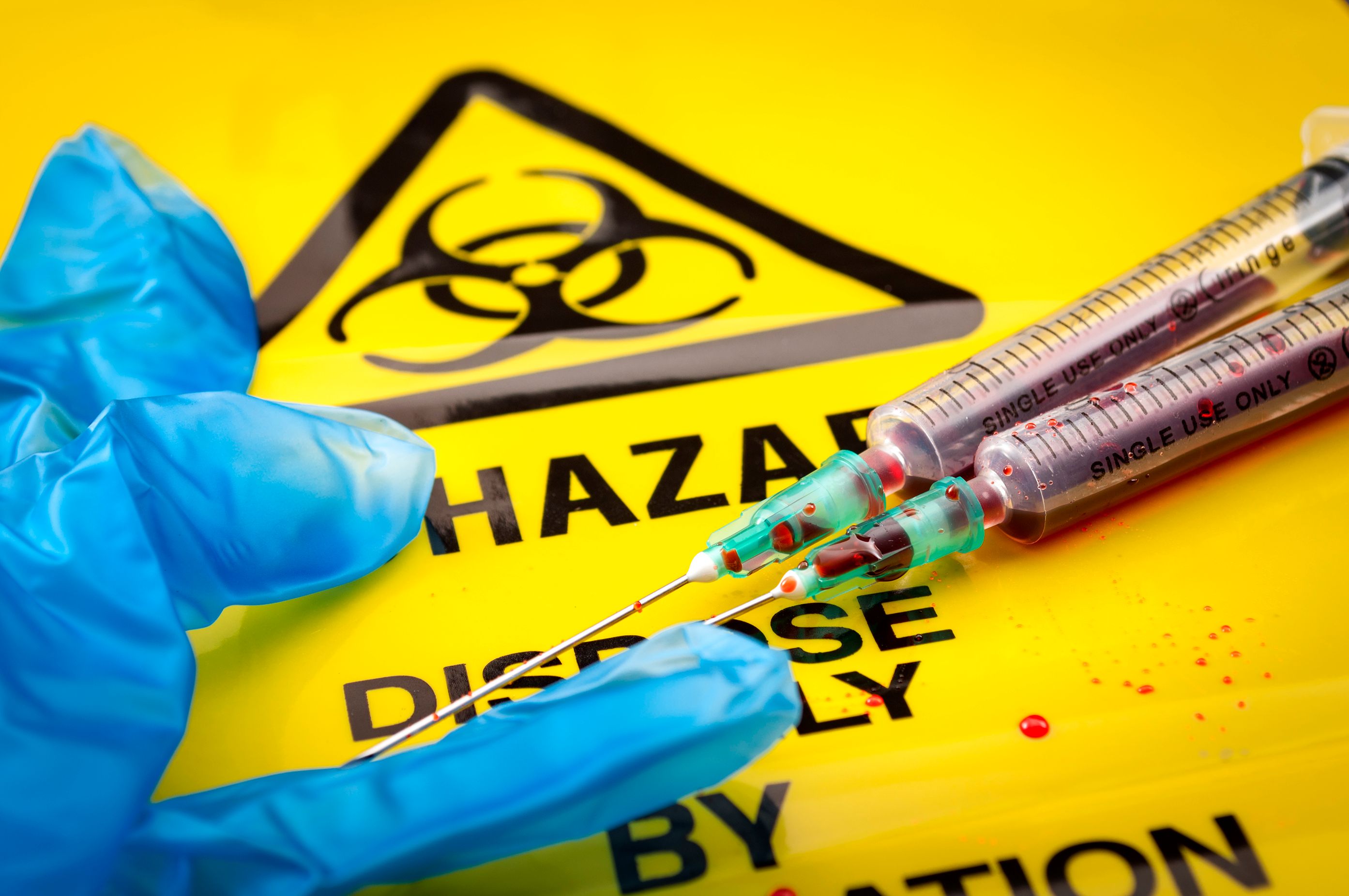
There could also be other alternatives to enhance performance that might use other forms of technology - e.g. exoskeleton type suits, special shoes and training equipment.
If some narratives are to be believed then sport is about testing mental resolve and the human spirit. If that is truly the case then what would be wrong in using a safe alternative to boost performance?
Of course I doubt most mainstream athletes and commentators would agree with that view but I doubt they could give a logical or coherent reason for their dissent.
Human nature is filled with hypocrisies and contradictions and they often favour the status quo.
Conclusion
I'm not suggesting that it is OK to take performance enhancing drugs.
They are dangerous and have real risks to physical and mental health. What I am suggesting is that this is not a simple black or white issue.
The "cheating" narrative is based on the false assumption that life is fair and that everyone has an equal chance.
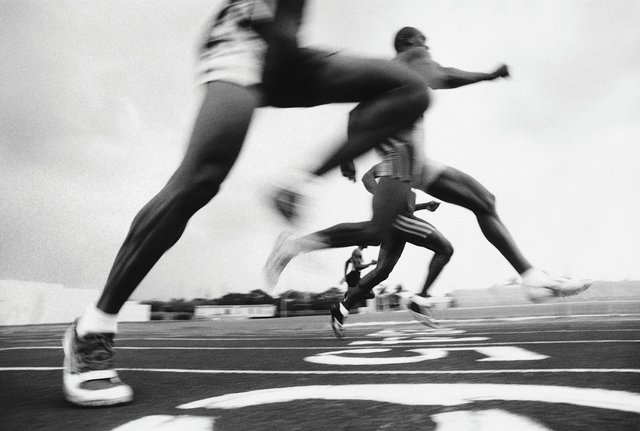
This is complete nonsense and perpetuating it may actually make some people more likely to use performance enhancing drugs to try to give themselves a chance of being able to compete.
They may see drugs or other methods as the only option they have.
It is also ironic that certain training methods (e.g. altitude training) which replicate the effects of taking drugs are considered normal and acceptable.
In summary, whilst most people consider drugs to enhance performance to be cheating, an alternative perspective might suggest that they are actually a way of making things fairer.
Right now the health risks may mean that their use should be strongly discouraged, but what about the future? What if safer alternatives were found? What would be "wrong" with using them?
What do you think?
Thank you for reading


I have always been of the opinion that it is their body, their choices. Absolutely, it is heartbreaking when you hear of an athlete dying young due to poor past choices with PED's. But, it is their body and their choice to do so. If the sacrifice is made with complete knowledge of side effects, I have a hard time morally regulating the choices that other people make about their own bodies.
Exactly. I wouldn't do it and if it were done legally and above board it could be safer. The sad thing is that it will happen anyway and often using illegally produced and more dangerous drugs. Thanks for such a great answer.
the definition of cheating - may differ in many eyes :)
but I do think so :)
but then the any sport pip using drugs to "cheat" also pay a very high toll in doing so - healthwise
so I guess .. - that makes it somehow already ..even? or maybe actually more of unfair for the person who took drugs with the health risks and consequences involved in doing so
I don't care if a no-one dies of an overdose , but I do care when a tenis player for example is taking PED .
2 players in a tennis match, close skill set, one is taking drugs that make her run like crazy for 3 sets.
I don't think that is in any way fair to the other player, to the spectators that pay the tickets from which they get paid , for the people that watch at home, who pay the TV subscription that pay TV rights to the event that hosts them and again , pay them .
When you are a professional athlete you have a huge responsibility , just as doctors have the Hippocratic oath
The problem is you don't know who is taking drugs and who is not. Also why is it fair that some people have a natural advantage?
What do you mean by natural advantage ? The problem is easily solved. Everyone has to be tested
How do you test for new drugs that are unknown?
I agree that it if we truly think about it nothing in life is fair, including athletic competitions. Your assertion is worthy of discussion. On a tangent, an example comes to mind "Formula 1" where the racing stables differ in terms of performance levels of their respective cars offered to pilots. Fair we say?
Great post! waiting to hear some other inputs.
Thank you. Yes formula 1 is an interesting example.
It's true in Formula1 that under "normal" conditions it's almost everytime the same cars arriving in Let's say Top 6. Still I remember (and there some more examples) the Race in Brasil in the rain from last year where this Dutch guy called Max Verstappen teached the "settled"drivers a real lesson. (and i'm not saying this because i'm Dutch too, besides that a fan of Ferrari).
It does happen yes from time to time and usually better pilots will end up in better stables. But sometimes it is hard to prove yourself if you are almost always starting with a clear disadvantage. Fairness is quasi impossible to achieve, in my opinion. It has been a long time since I stopped following F1, makes me want to get back into it. Thanks for your input!
IMHO, PEDs are only an issue because of the negative views on recreational drugs.
Can there be personal health sacrifices due to taking PEDs? Yes.
Do people have negative effects on personal health due to the intense training and rigor required for high performance sports? Yes.
Do people who never take PEDs have massive and heart-breaking injuries which ruin their careers? Yes.
I don't see a difference. We need to get over it. It's actually possible that some of these PEDs will help athletes heal injuries or protect versus the injuries in the first place.
Excellent points. In fact extreme training can take a huge (negative) toll on the body.
These are all great points. Especially when you consider how different sporting bodies ban different substances, seemingly arbitrarily. For example, creatine has a long history of research that points to significant performance enhancements, yet is still legal for most athletes. Additionally, some bodies outlaw HGH supplementation, but allow athletes to supplement with IGF-1. Why is aniracetam allowed, but phenylpiracetam not? It seems silly.
Awesome points. The inconsistency makes it even more ridiculous. It is also a losing battle. So someone bans drug X, then someone starts using drug XY until they ban that.
They talk about athlete health and safety, but I think most athletes are already incentivized to be healthy. If for no other reason than their ability to play the sport they love for longer. Supplements like HGH have uses beyond simply doping. HGH can actually help athletes heal from injury faster.
Exactly, and in many cases drug X has more research available, research that describes proper dosage and gives a full picture of possible side effects. Drug XY is often more of an unknown and poses even greater risk. So athletes are placing themselves at even greater risk.
Exactly it is the same issue with legal highs - they are often more dangerous than the illegal drugs they are substituted for.
The documentary Bigger. Stronger. Faster. is really entertaining and has a pretty balanced look at all of this. The documentarian looks at a lot of these inconsistencies such as taking a PED, vs blood doping, vs altitude training, vs hyperbaric chamber. All do the same thing, 2 are legal, 2 are not.
Other strange contradictions exist like tennis players being able to openly take cortisol shots (a steroid) but not anabolic steroids, etc. After all, if your knees can't take the beating shouldn't that be a determining factor in whether you win or lose?
And of course why is performance enhancement unfair in sports but not in life. Orchestra musicians take drugs to calm nerves, students take drugs to focus and study for the SATs. If someone gets a job instead of you, or accepted to a university instead of you because they took a drug and you did not, is that fair?
The documentary debunks many health concerns and I always hate that myth that the drugs are the cause of an athletes success. At the elite levels we are talking about the winners are already at peak performance through loads of hard work and willing to take substances to push it .5% more as these contests can be decided by hundredths of a second.
I'm definitely anti drug, but on a lot of this issue I'm surprisingly open. I have a hard time differentiating between a steroid or PED and a lot of other modern sports science and nutrition.
That being said it's definitely a professional level, adult decision. Seeing it in any kind of youth sport is troubling.
Thanks for such a great response. It is a strange situation as we all use drugs to some extent. I have my regular coffee to help me with thinking and to get going - imagine what would happen to intellectual pursuits if coffee was banned? I think many of the arguments that are made against drugs are as you point out inconsistent and logically flawed. I will see if I can hunt out that documentary.
I just checked and it's still on Netflix streaming if you have it. Very well done. It's made by Chris Bell who documents himself and his two brothers, all athletes. While he quit steroids because of his moral struggles with them, his brothers continued on. It has some real poignant moments and interviews, especially when you see some guys who just can't let go of a dream that has passed.
Cool I will take a look:)
It is cheating others as long as you compete. If you do sport just for yourself with no intention to compete than you only cheat yourself ;-) Interesting post (as usual)
If other people already have big advantage due to genetics and/or other factors it could be seen as a means to even the odds. Thank you:)
They may have but the problem denominates to competitive society. The issue is not a difference in genetic abilities between people but primitive value system focused on importance of proving who is better and ignoring people's differences or even seeing them as negative.
Yes I think you are correct. I suppose the fairest system would look at how well people perform based on their own potential.
Yes :-) As you see, that does nit even apply in schools. It already starts with kids being thrown to one bag regardless of individual abilities and interests. Then forced to compete for grades and all harshly judged for failures.
Yes. The only sport I can think of that does it differently - at least to a degree is golf - it is rare for kids to play that though. I think our society either focuses on rewarding absolute achievement or goes too far the other way and rewards people for being themselves which is not helpful either. There seems to be little regard for actual personal improvement and meeting potential - I think in part it may due to under-staffing in most schools and the factory style of teaching.
Golf quite competitive too. Any sport is. I myself find golf really mindless. Ridiculous amount of space being transformed/wasted into ecologically barren landscape so someone can drill few holes and try to fit tiny ball in them. At the same time zillions of fresh water is being wasted to keep that crap growing? On top of that it increases the price of land. Basically, massive amounts of land are being wasted while many people are so poor that even own 1 m2.
Yes - if it was being used for public parks it would be good but they are private clubs in most cases.
Interesting.
I have always remembered the comedy sketch by someone I can't remember the name - "we should require performance enhancing drugs in sports. Professional athletes are supposed to be at the tops of their game, unless they take steroids they are not at the top.
I want to go to a baseball game and see the dude hit a ball out of the park into the ocean. Now that I'd pay to see."
I think at some point there will be two divisions for certain sports. Assisted and unassisted. The unassisted will show us the limits of humankind as we know today. The assisted will show what humankind is capable as a whole.
Being "assisted" where no assistance is assumed is cheating.
Lol. I suppose given human nature if you have two divisions then the assisted will try to compete in the unassisted without getting found out.
Yeah I guess you are right.
I just want to see someone run like a 1:30 marathon or throw a javelin a half mile lmao
Think of it this way. What if 100 years down the lane, a certain substance is banned. Will it mean we go back the past century and cleanup records based on who used that drug?
The problem with this is PED is like a platform which continually keeps shifting its base. I think the sporting bodies need to give a solid guideline that will hold the test of time - say something like naming an enhancement drug that will hold true for at least 30 years. Then we should consider name & shame.
Right now it is best left to the player, coach and physiotherapist. The media and us cannot be the right judge of it.
But that is exactly why the current system doesn't work. There are probably records in place now that were set using currently banned substances. That in itself isn't fair.
I think I'd come under the category of genetics as I've always been sporty from a little girl to now like most of my family. Though environment could have played an important factor to as I also grew up in a large countryside, lol.
Hope you are doing very well, @thecryptofiend. Great article. :)
Nice to hear from you:)
I think it is cheating, but I think we should just allow the use. It will make the overall level of the sport better....Think about the history of humans. We are always trying to better ourselves and perform larger and larger tasks. It is in our DNA.
^^^UPVOTED^^^
Interesting perspective. Thanks!
I just think no mater what, we are born with the drive to succeed and to be competitive. With or without steroids.... I just think we should allow everything in sports. What happens when we start saying "protein" or "training hard" is enhancing sports.
Yes there is also not necessarily a strict dividing line between supplements and what constitutes drugs.